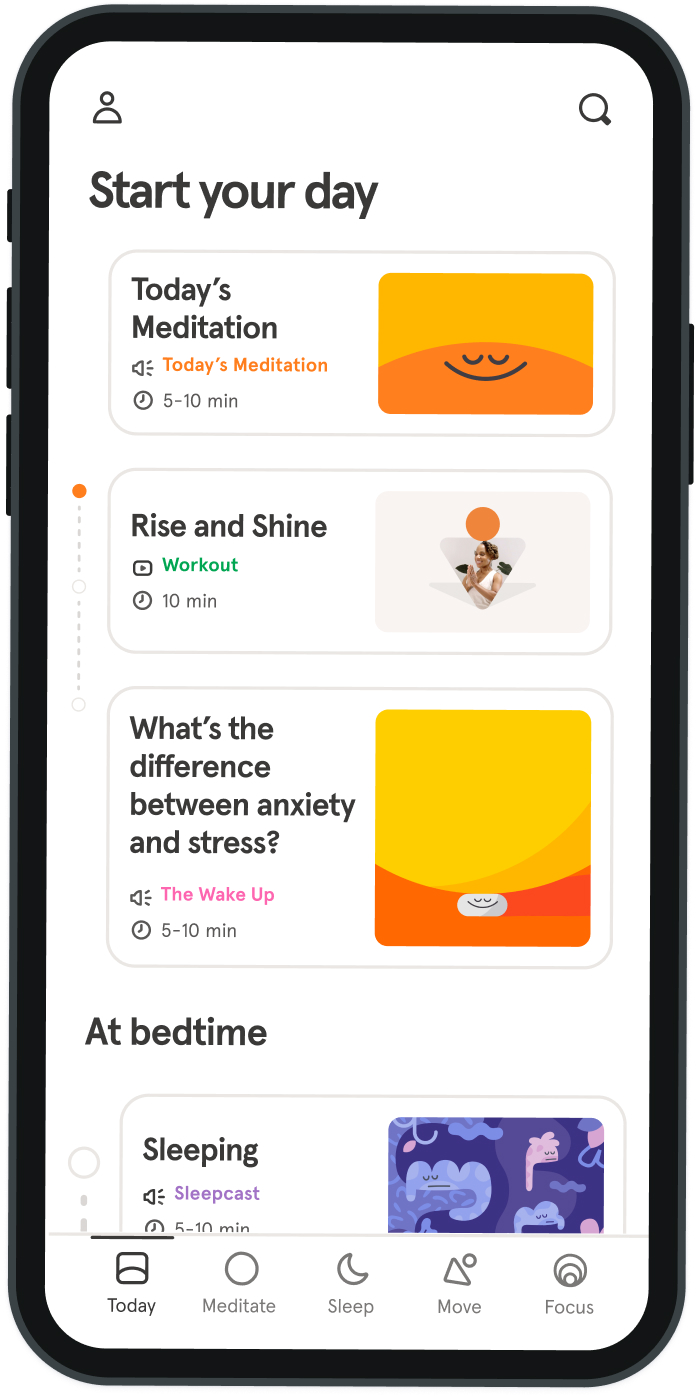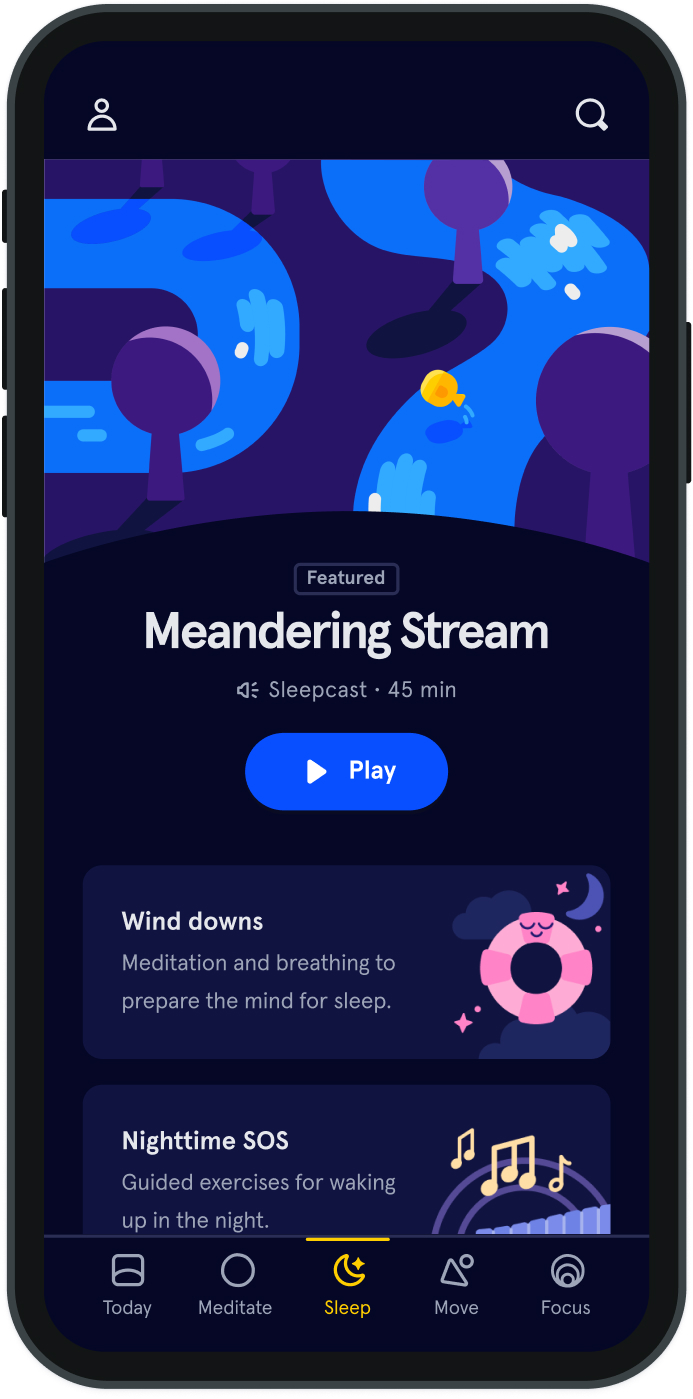How to build a perfect wind-down routine
Sleep thrives on a regular routine. Building a great, consistent wind-down routine for the end of your day is the very best way to train your body to know that it’s time for bed. This will increase your chance of sleepiness, and make drifting off so much easier. As always, consistency is key. You can set up a reminder that will give you a gentle nudge, letting you know it’s time to start winding down. Ideally, this should begin sometime before you get into bed and be your signal that it’s time to stop working and let go of the day. Now comes the fun part: set aside an hour or so for your wind-down activities. These should be things that are enjoyable in their own right, rather than activities you think will make you sleepy. They shouldn’t be too stimulating, of course: activities like reading, knitting, or listening to calming music are just the ticket. It’s best to approach your wind down with an attitude of “non-striving,” the kind we practice in meditation. That means not focusing on the outcome, just experiencing an enjoyment of what you’re doing for its own sake. This will help you to shed the day’s worries, and prepare your mind and body for sleep to naturally take place. It may be a good idea to reduce screen time during this period — even dimming the lights in your house can help your brain to recognize that it’s getting close to bedtime. Building a sleep routine like this can be a real gift to yourself. It’s the end of the day, after all, so you deserve a little reward.


Be kind to your mind
- Access the full library of 500+ meditations on everything from stress, to resilience, to compassion
- Put your mind to bed with sleep sounds, music, and wind-down exercises
- Make mindfulness a part of your daily routine with tension-releasing workouts, relaxing yoga, Focus music playlists, and more
Meditation and mindfulness for any mind, any mood, any goal

Stay in the loop
Be the first to get updates on our latest content, special offers, and new features.
By signing up, you’re agreeing to receive marketing emails from Headspace. You can unsubscribe at any time. For more details, check out our Privacy Policy.
- © 2025 Headspace Inc.
- Terms & conditions
- Privacy policy
- Consumer Health Data
- Your privacy choices
- CA Privacy Notice
